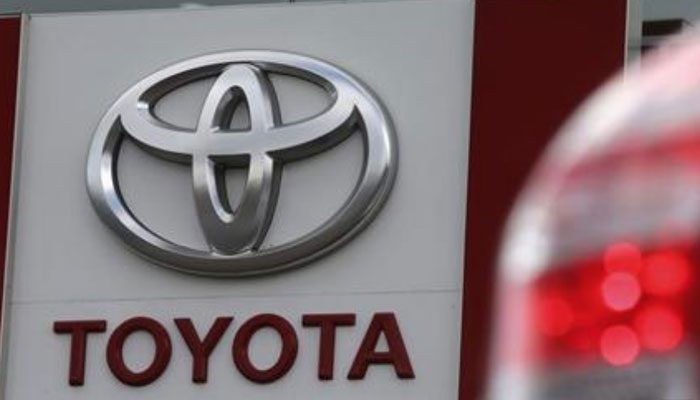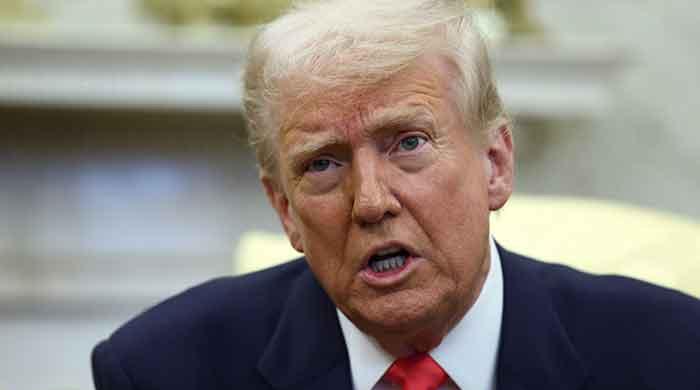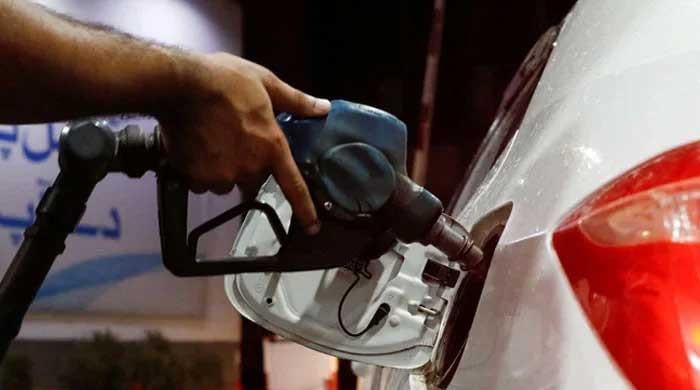Toyota plans to launch locally-built hybrid car in Pakistan by year end
IMC CEO reveals influx of used cars in Pakistan has had a detrimental impact on automobile sector
November 09, 2023

- IMC CEO emphasises well-structured import policy for auto sector.
- Introduction of HEVs promises a reduction in emissions.
- Eco-conscious initiative aligns seamlessly with UN's SDGs.
ISLAMABAD: In its bid to cut costs and emissions with an investment worth $100 million, the Indus Motor Company (IMC), the Toyota car assembler in Pakistan, has announced plans to launch the locally-made Corolla Hybrid Electric Vehicle by next month, The News reported on Thursday.
The development was reported after the company's Chief Executive Officer Ali Jamali announced the IMC's plans on Wednesday, underscoring the significance of Toyota’s whopping $100 million investment towards HEV production in Pakistan.
The investment will not only reduce import costs but also has the potential to yield an annual savings of $37 million as 30,000 HEV units enter production. This announcement marks a pivotal moment in the country's automotive sector, charting a path toward a more sustainable and environmentally friendly future.
This eco-conscious initiative aligns seamlessly with the United Nations’ Sustainable Development goals, with a specific focus on addressing climate change concerns. The introduction of HEVs promises a reduction in emissions, the creation of job opportunities, and an enhanced potential for exports.
Jamali expressed grave concerns about various factors that have led to surging prices for locally manufactured cars. High taxation, inflation, the import of used cars, and currency instability were highlighted as key contributors to this escalating issue.
Emphasising the need for a well-structured import policy, Jamali stressed its importance in nurturing the growth of the domestic auto industry. He revealed that the influx of used cars into the country has had a detrimental impact on the sector. During the fiscal year 2022-23, over 6,500 used cars were imported, and in the first three months of the current fiscal year, more than 7,500 units had already made their way into the country.
Jamali pointed out that these used car imports not only undermine the progress made in localising car production but also impede the potential for further localisation in Pakistan.
Despite these challenges, Jamali appreciated recent relaxations in the opening of letters of credit (LCs) for imports. These adjustments have facilitated the procurement of essential raw materials for the local industry, resulting in a boost in sales for original equipment manufacturers (OEMs) in passenger cars and light commercial vehicles in September 2023. Nevertheless, a year-on-year comparison revealed a 26% decline in sales.
Acknowledging the production and demand-related challenges faced by the auto industry, including temporary plant shutdowns and reduced vendor capacities, Jamali commended the government’s efforts in promoting localisation-driven policies.
He also expressed gratitude for the government’s support in revitalising the auto industry and contributing to the nation’s economic recovery. The CEO emphatically reaffirmed Indus Motor Company’s commitment to surmounting the current obstacles and steering the auto industry toward a more promising and sustainable future.











